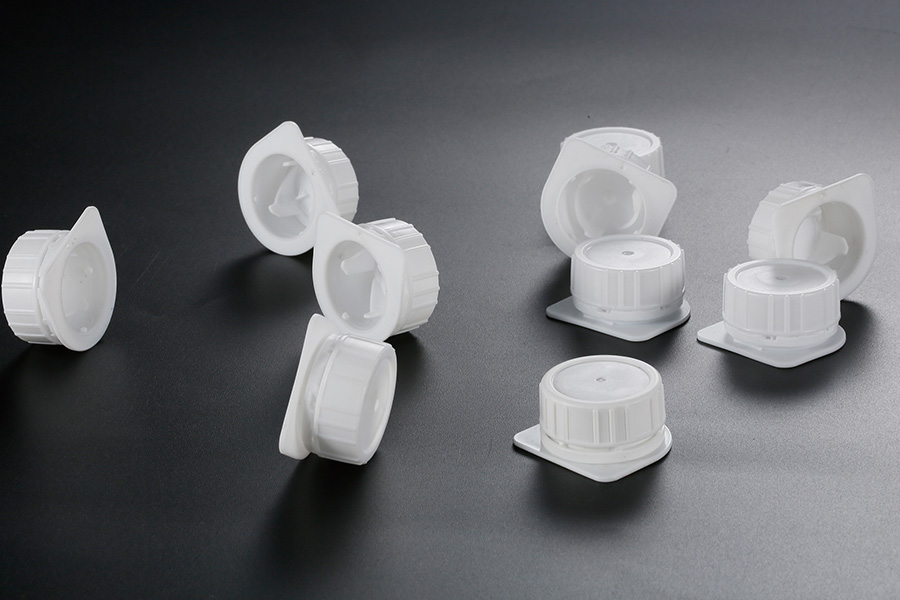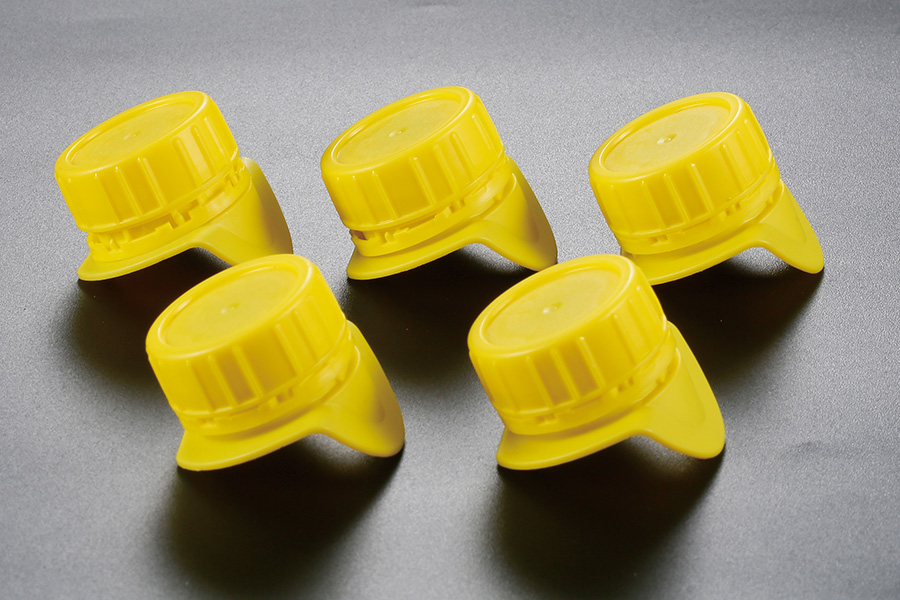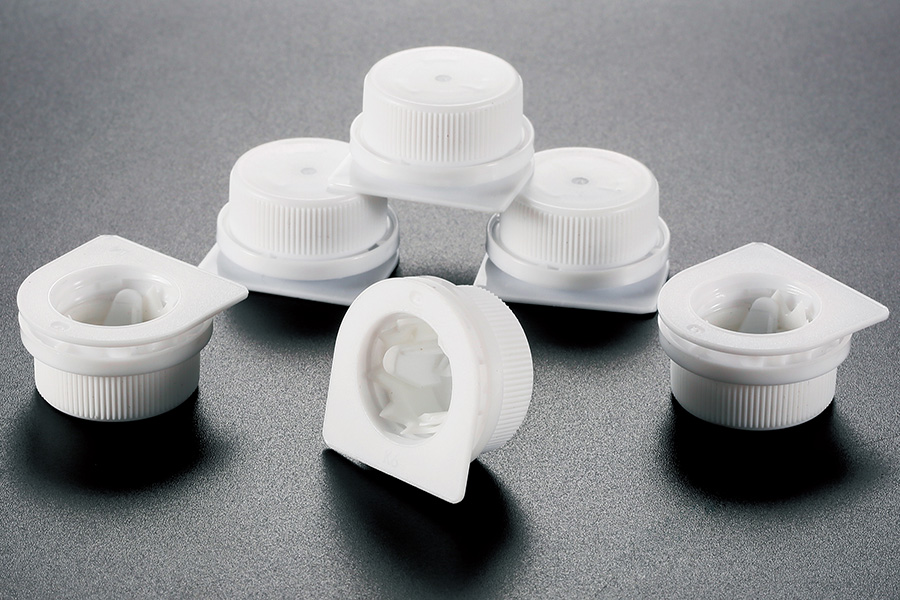In recent years, sustainable material sourcing has become a critical consideration in the production of plastic caps. As environmental awareness grows and regulations evolve, manufacturers in the packaging industry are increasingly focused on integrating eco-friendly materials without compromising product performance. This shift is particularly important for popular products such as the Flip-Top Spout Cap and the Multi-Purpose Cap, which are widely used across beverage, food, and personal care packaging.

The Flip-Top Spout Cap offers convenient usability, allowing consumers to open and close containers with ease while maintaining the product's freshness. However, traditional plastic materials used in these caps often pose environmental challenges. To address this, many manufacturers are exploring sustainable alternatives such as bioplastics, recycled polypropylene, and other renewable polymers. These materials aim to reduce carbon footprints and dependence on fossil fuels, aligning with global sustainability goals.
Similarly, the Multi-Purpose Cap serves a variety of functions, from dispensing liquids to sealing containers securely. Its versatility makes it a common choice for packaging a broad range of products. Sustainable material sourcing for the Multi-Purpose Cap involves careful evaluation of supply chains to ensure materials are responsibly obtained and processed. This includes prioritizing suppliers with transparent practices and certifications that verify environmental compliance.
One key aspect of sustainable sourcing is the integration of recycled content into cap production. Utilizing post-consumer recycled (PCR) plastics not only diverts waste from landfills but also reduces the demand for virgin materials. Both Flip-Top Spout Caps and Multi-Purpose Caps, manufactured with PCR content, demonstrate a commitment to circular economy principles. Nonetheless, maintaining consistent quality and performance remains a priority, requiring advanced processing techniques and rigorous quality control.
In addition to recycled content, the use of bio-based plastics is gaining traction. These materials, derived from renewable biological sources such as corn starch or sugarcane, offer an alternative to conventional petroleum-based plastics. Incorporating bio-based polymers into Flip-Top Spout Caps and Multi-Purpose Caps supports sustainability initiatives and appeals to environmentally conscious consumers. However, challenges such as cost, availability, and compatibility with existing manufacturing processes continue to be addressed through ongoing research and development.
Beyond material selection, sustainable sourcing also involves less environmental impact throughout the supply chain. This includes reducing energy consumption, optimizing transportation logistics, and ensuring ethical labor practices. For instance, sourcing materials closer to manufacturing facilities can reduce transportation emissions, while partnering with suppliers who implement energy-efficient production methods further lowers the environmental footprint associated with plastic cap production.
The design of Flip-Top Spout Caps and Multi-Purpose Caps can also influence sustainability. Lightweighting efforts reduce material use without sacrificing functionality, thereby decreasing overall resource consumption. Designing caps for recyclability enhances the likelihood that materials are recovered and reused after consumer use. For example, simplifying the components and avoiding the use of mixed materials can facilitate recycling processes.
Consumer awareness and demand for sustainable packaging continue to grow, pushing manufacturers to innovate in material sourcing and product design. Brands utilizing Flip-Top Spout Caps and Multi-Purpose Caps that incorporate sustainable materials can communicate their commitment to environmental responsibility, which may influence purchasing decisions and brand loyalty. Transparency in sourcing and production practices also builds trust with consumers and regulatory bodies.
Regulatory frameworks worldwide are increasingly encouraging or mandating sustainable practices in packaging. Compliance with these regulations requires companies producing Flip-Top Spout Caps and Multi-Purpose Caps to evaluate their material sources carefully and consider the environmental impact of their products. Sustainable material sourcing thus becomes not only a strategic advantage but also a necessity for long-term viability in the market.
In summary, sustainable material sourcing for plastic cap production is an evolving field that balances environmental stewardship with functional and commercial demands. Flip-Top Spout Caps and Multi-Purpose Caps represent significant segments within the packaging industry where these efforts are particularly impactful. Through the adoption of recycled and bio-based materials, supply chain optimization, and thoughtful design, manufacturers are contributing to a more sustainable future. Continued innovation and collaboration among stakeholders will be essential to meet the challenges and opportunities presented by sustainable material sourcing in the plastic cap sector.


 English
English  русский
русский عربى
عربى



